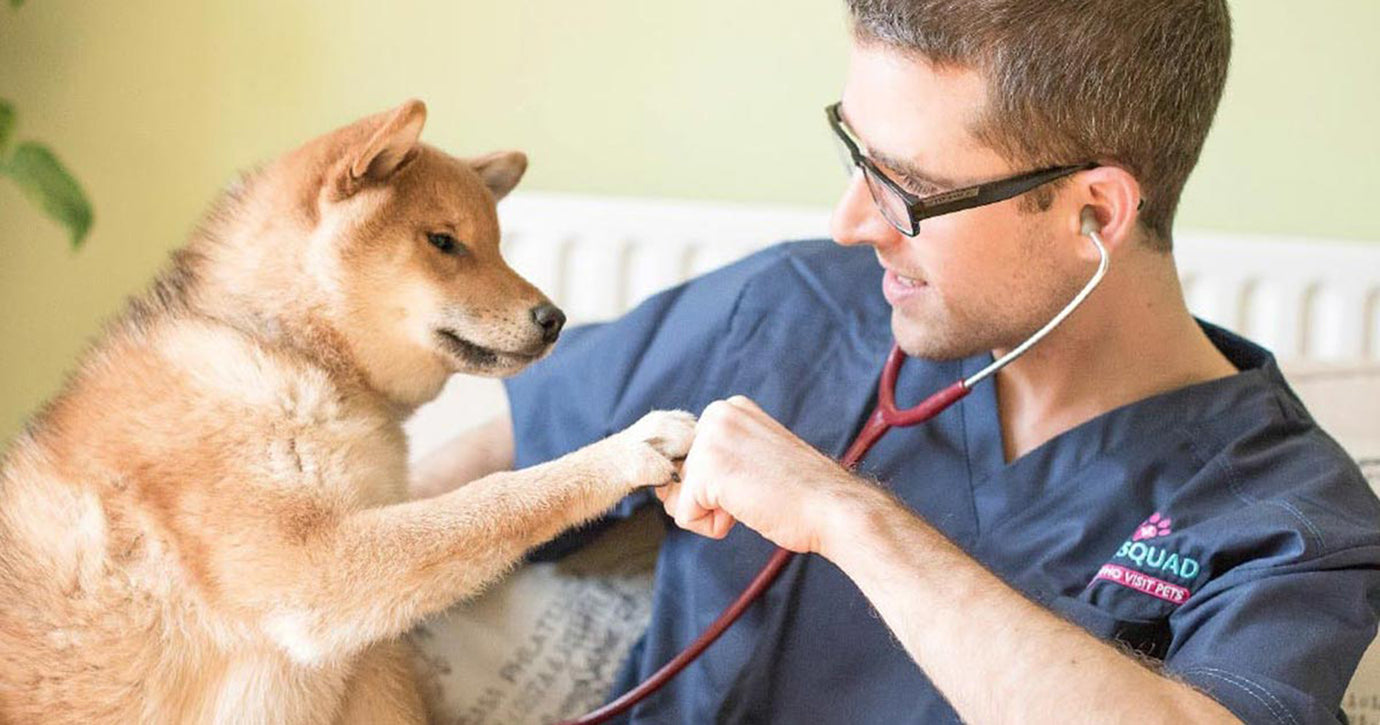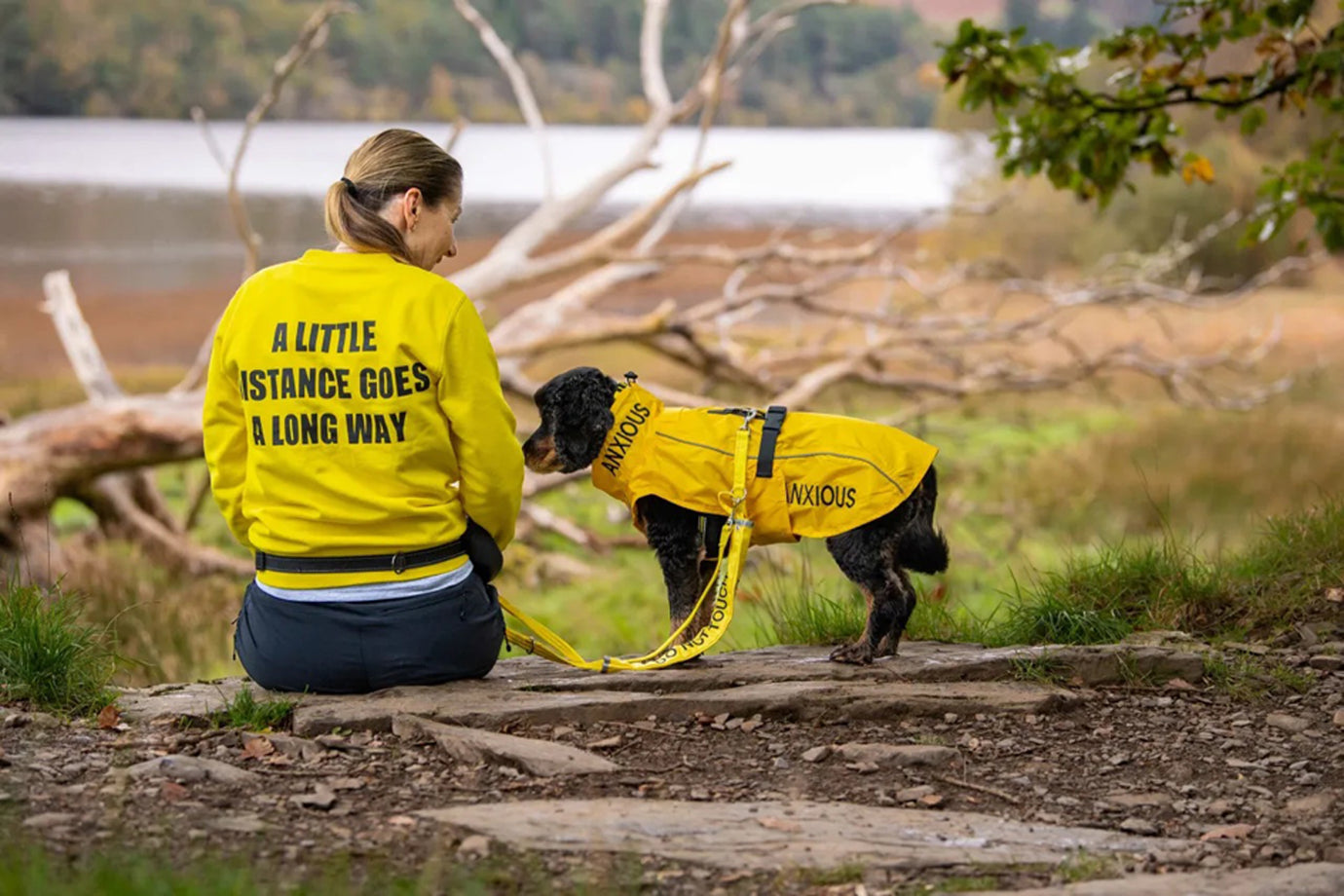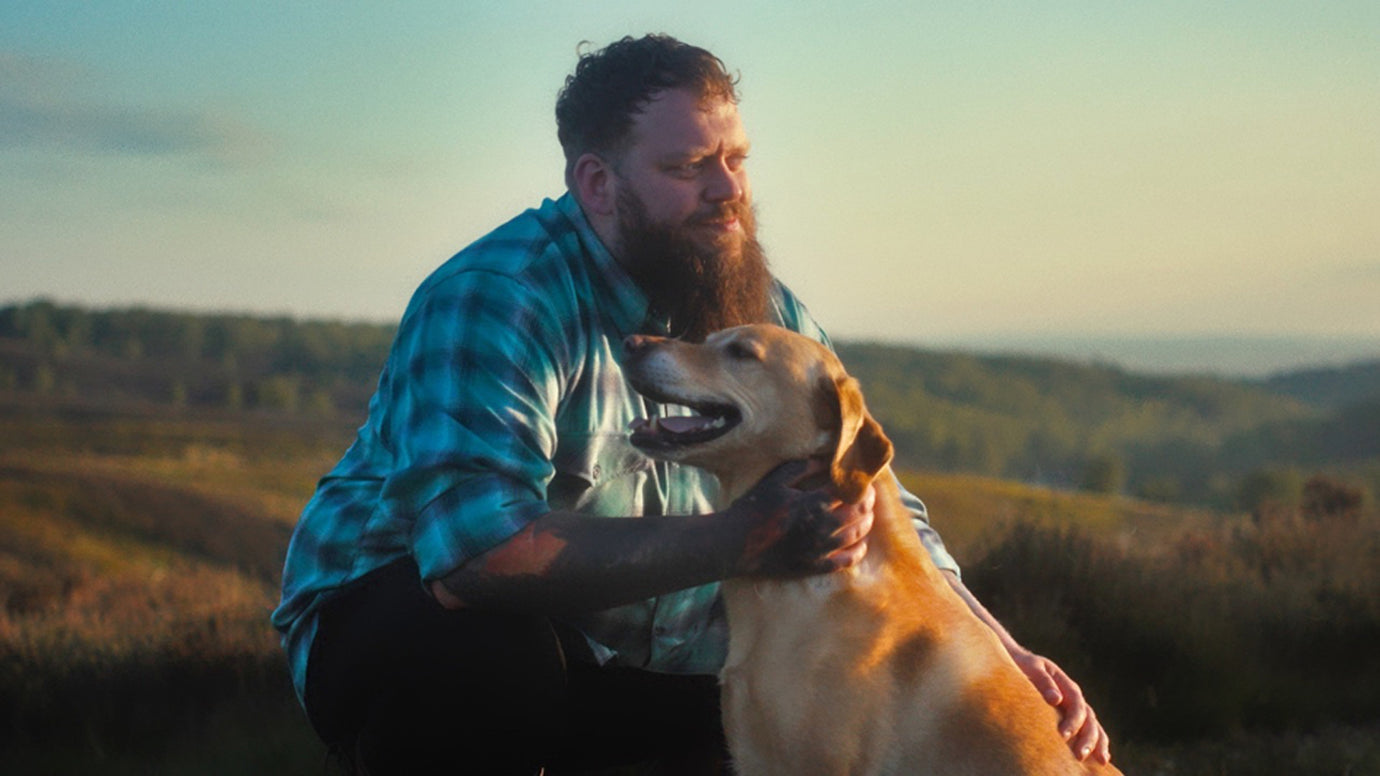Clever canine: The dog that knows the names and categories of its 100 toys!

In the current times of uncertainty and darkness, James Gorman visits a dog which can identify its toys by name to shine a little bit of light.
There’s something about a really smart dog that makes it seem as if there might be some hope. The world is in the midst of a frightening viral outbreak, and nobody knows what will happen.
The warming of the planet shows no signs of stopping; it reached a record 21C in Antarctica this month. Not to mention international tensions and domestic politics.
But there’s a dog in Norway who knows not only the names of her toys but also the names of different categories of toys, and she learnt all this just by hanging out with her owners and playing her favourite game.
Whisky is a border collie who lives with her owners and almost 100 toys, and Whisky’s toys have names.
Most are dog-appropriate, like “the colourful rope” or “the small Frisbee”. However, her owner, Helge Svela, says that since the initial research was done, her toys have grown in number to 91, from 59, and he has had to give some toys “people” names, like Daisy or Wenger.
“That’s for the plushy toys that resemble animals like ducks or elephants (because the names Duck and Elephant were already taken),” he says. During the initial research, Whisky proved in tests that she knew the names for at least 54 of her 59 toys.
That’s not just the claim of a proud owner – and Svela is quite proud of Whisky – but the finding of Claudia Fugazza, an animal behaviour researcher from Eotvos Lorand University in Budapest, who tested her.
It makes Whisky part of a very select group, although not a champion. You may recall Chaser, another border collie who knew the names of more than 1,000 objects and also knew words for categories of objects. And there are a few other dogs with shockingly large vocabularies, Fugazza says, including mixed breeds and a yorkie.
These canine verbal prodigies are, however, few and far between. “It is really, really unusual, and it is really difficult to teach object names to dogs,” Fugazza says.
Whisky’s achievement is even more surprising, Fugazza says, because she didn’t undergo the kind of intensive training received by Chaser and by other animals, like baboons, that have shown an ability to group objects into categories.
Fugazza set the group of new toys in one room while she and the dog’s owners waited in the kitchen. One of the owners would ask Whisky to bring ‘a ball’ or ‘a rope’
“The owner is not a trainer,” Fugazza says. “He reported that Whisky attended a puppy course but she didn’t go on with training.” That’s another encouraging part of the story: so what if you didn’t get an MA; you might still be able to write that novel.
Whisky learnt the names of the objects in her cornucopia of fun by playing a game with her owners in which she would go fetch the toy they named.
They played a lot. Fugazza and a colleague at the university, Adam Miklosi, wrote in the journal Scientific Reports that Whisky had 10 balls, seven rings, four ropes and four Frisbees.
Since the names of the objects always included a specific adjective and general noun, like “small Frisbee”, Fugazza wanted to test if Whisky had gotten the idea of what a Frisbee was, and what a ball was, in a general, abstract way.
To do the experiment, Fugazza went to Whisky’s home. In initial tests Whisky fetched most of her toys successfully.
Then, for the category test, Fugazza would try her on four new toys at a time, first letting her play with the new toys with her owners in one test, or just explore them herself in another test.
Then Fugazza set the group of new toys in one room while she and the dog’s owners waited in the kitchen. One of the owners would ask Whisky to bring “a ball” or “a rope”.
She was successful about 50 per cent of the time when she was given a chance to play with the new toys before the test. Given that she was choosing from four different items, that is much better than chance, Fugazza says.
Her achievement meant not only that she could group objects in categories in her mind but also that she knew the words for those categories.
While Fugazza suggested that all dogs had the ability to think in categories, only a select few, either because of training or natural ability, actually knew words for categories. And she had learnt all that “naturally, in a way that is actually a little bit similar to what happens to human children”, Fugazza says.
Monique Udell, who studies dog behaviour and cognition at Oregon State University and was not involved in the study, says that it’s hard to draw general conclusions from one dog. But, she says: “This study is an important reminder that animals are often learning from us even outside of formal training sessions.”
She says the work suggests that scientists should keep in mind the whole learning history of a dog when they use canines as test subjects. And dog owners might remember that “our animals may be learning more from us than we think”.
As a side note, no animals were harmed in this experiment. Fugazza says that Whisky quickly got the idea that if Fugazza showed up, it was time to play her favourite game over and over again, something that border collies like to do.
“If we wanted to give Whisky a break,” she says, “we had to go out of the house because otherwise she wanted to keep playing.”
(Article source: The Independent)





